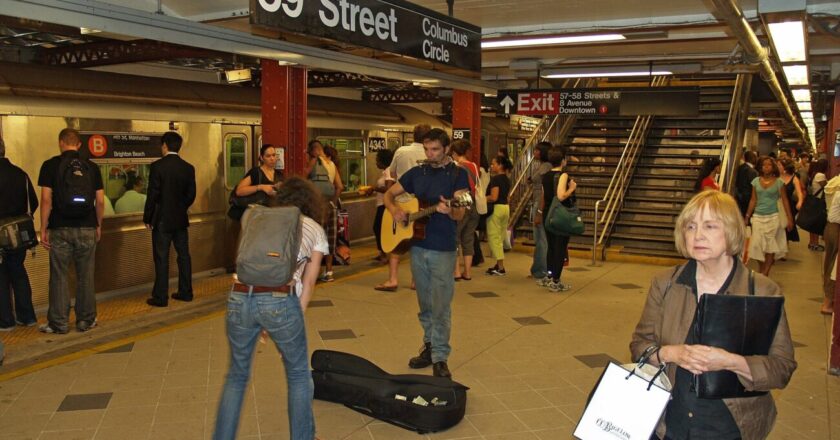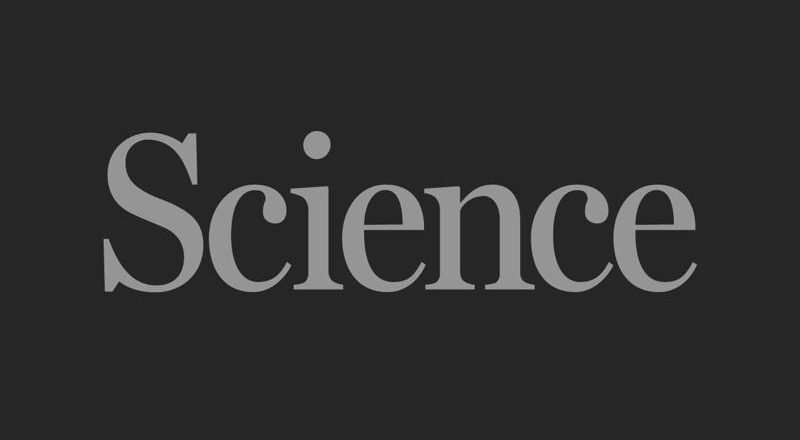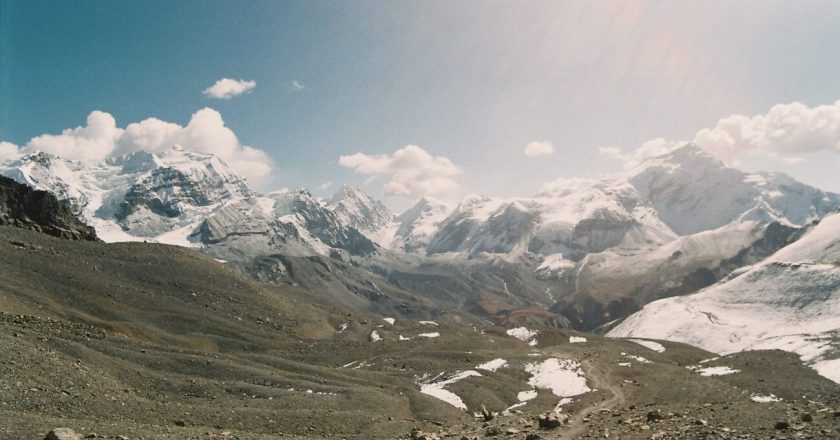How Do We Fix the Hellish Heat of the New York City Subway System? – State of the Planet
Credit: David Shankbone
On June 24, the date of the New York City Democratic mayoral primary and one of the hottest days of 2025, I squeeze voting into my morning before cramming into a busy and poorly ventilated train car. I cast my ballot for frontrunner Zohran Mamdani who, throughout his campaign, advocated for accessible transportation and free public buses. (His victory will be announced later that evening.)
The train’s chimes sound, warning commuters of the closing doors. But passengers, desperate to escape the torturous heat on the platform, try to pry the doors open again to enter the chilly interior.
The next train comes, and I feel a breeze. It’s unpleasantly warm. It’s not yet 8 a.m. and somehow already in the mid-80s—at least at street level. In the tunnels, it feels m...




